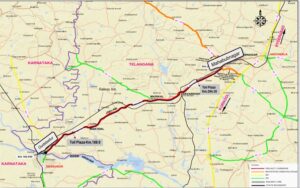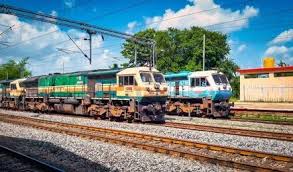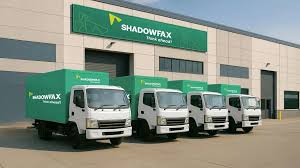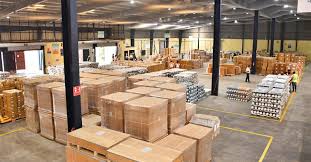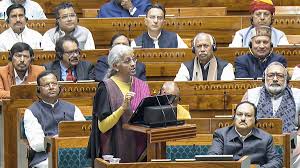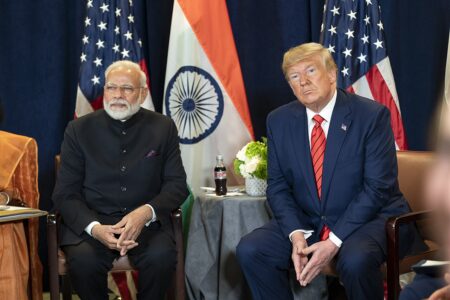Farmers demand a nationwide livestock transport system to boost the rural economy, curb harassment, and improve animal welfare.
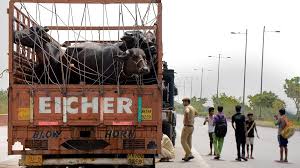
Farmers in Maharashtra, joined by members of the Quresh Conference, have called on the Central Government to establish a nationwide livestock transport service in partnership with state governments, a move they believe could reshape India’s agri-supply chain, improve animal welfare, and unlock major economic value.
Currently, livestock such as cattle are carried in open or poorly equipped trucks, lacking ventilation and proper loading mechanisms. This often leads to animal injuries, stress, and fatalities, while exposing farmers and traders to logistical hurdles and violations of animal welfare guidelines.
Regulatory Confusion and Harassment Concerns
Farmers’ organisations also report frequent harassment, delays, and bottlenecks due to unclear interstate transport rules. Many say enforcement agencies and local groups take advantage of regulatory ambiguity, causing heavy financial losses.
Call for Formalisation
Sadiq Khatik, National Vice President of the Quresh Conference, stressed the urgent need to formalise animal transport, calling it a crucial yet overlooked component of the rural economy. He noted that the discontinuation of MSRTC’s 10-tonne truck operations has pushed farmers toward costly private vehicles.
A proposal sent to Prime Minister Narendra Modi, Home Minister Amit Shah, and senior ministers recommends:
- Standardised, officially recognised livestock trucks
- Uniform colour and government logos
- Toll-free movement across India
- Dedicated livestock hubs at taluka level
- Rest sheds every 100–200 km
- Water facilities along major routes
Rising Business Potential
Khatik added that introducing double- or triple-decker vehicles for small ruminants like goats and sheep could unlock major business opportunities, create rural jobs, and strengthen India’s global livestock competitiveness.
The livestock sector already accounts for:
- 30.23% of agricultural GVA
- 5.5% of India’s national economy
making it one of the most critical pillars of rural livelihood.
Farmer Voices Intensify
Maharashtra farmer groups say a structured network would bridge rural–urban market gaps, ensure humane handling, and streamline movement across states. However, rising conflicts with cow vigilante groups continue to worsen ground realities.
BJP MLC Sadabhau Khot, founder of Rayat Kranti Sanghatana, alleged that vigilante groups are operating like extortion lobbies under the guise of cow protection.
“If the government fails to act, we will set up cattle camps in front of police stations,” he warned.
Judicial Alarm
The push follows the Bombay High Court’s 2024 criticism of Maharashtra’s outdated livestock transport practices, emphasising that upgrades are not only economic but also moral and environmental imperatives.
As rural voices grow louder, the proposal signals a turning point in India’s agricultural logistics, one that could drive efficiency, safety, employment, and fairness across the livestock value chain.
Source: India Seatrade news


